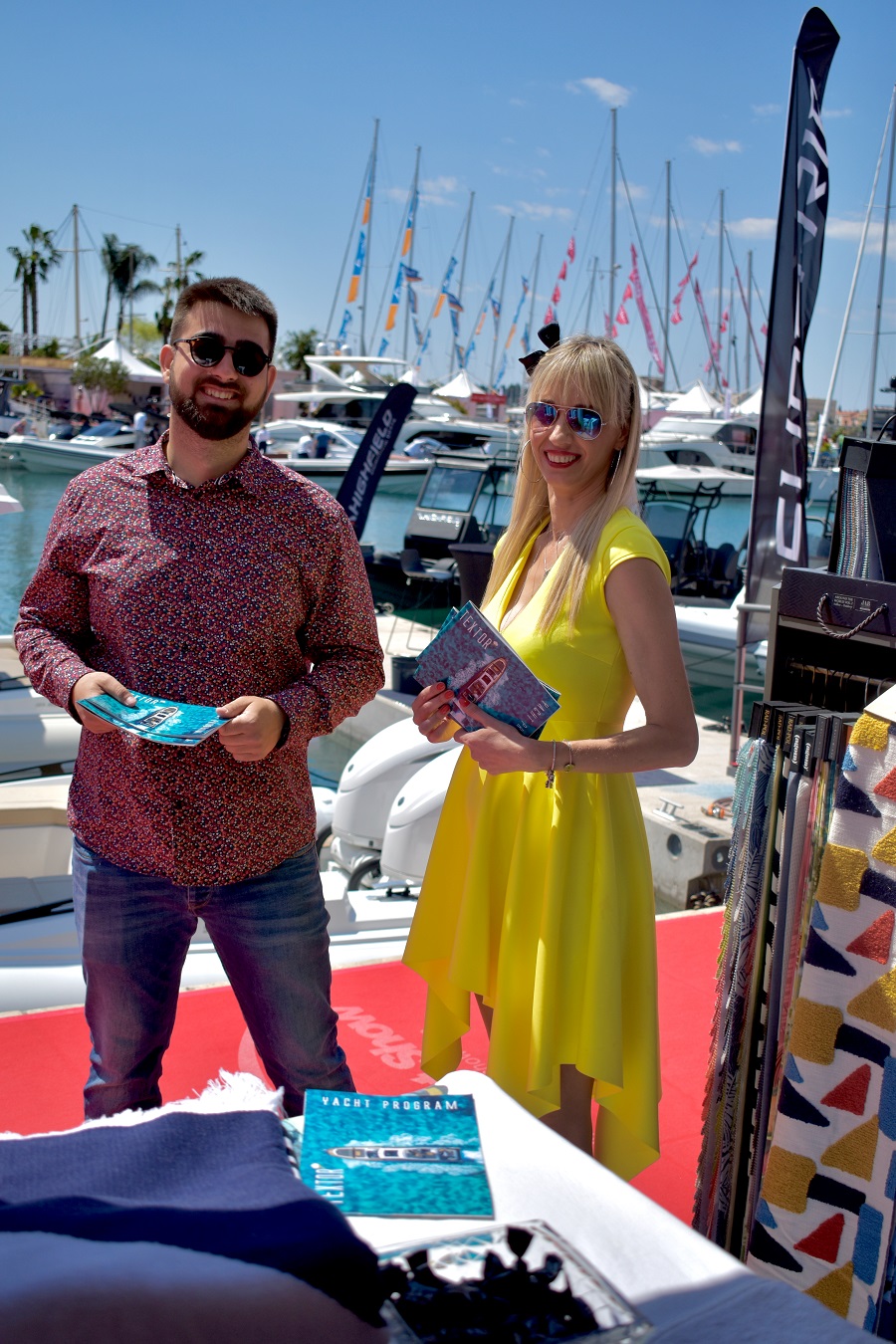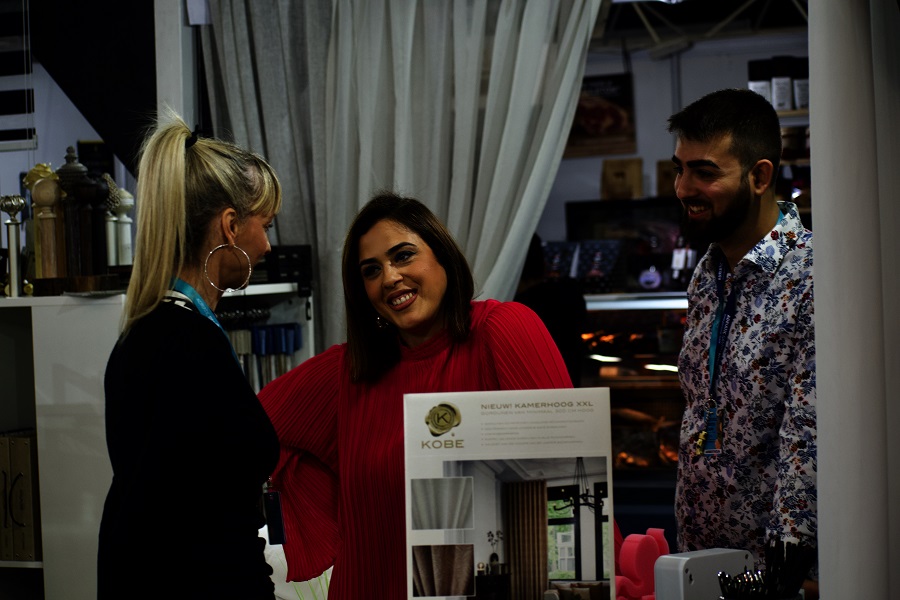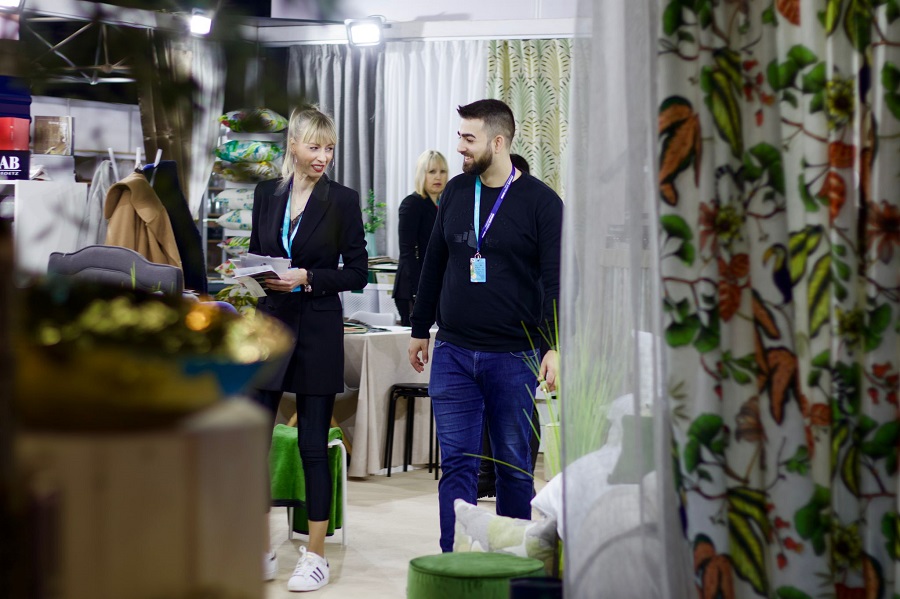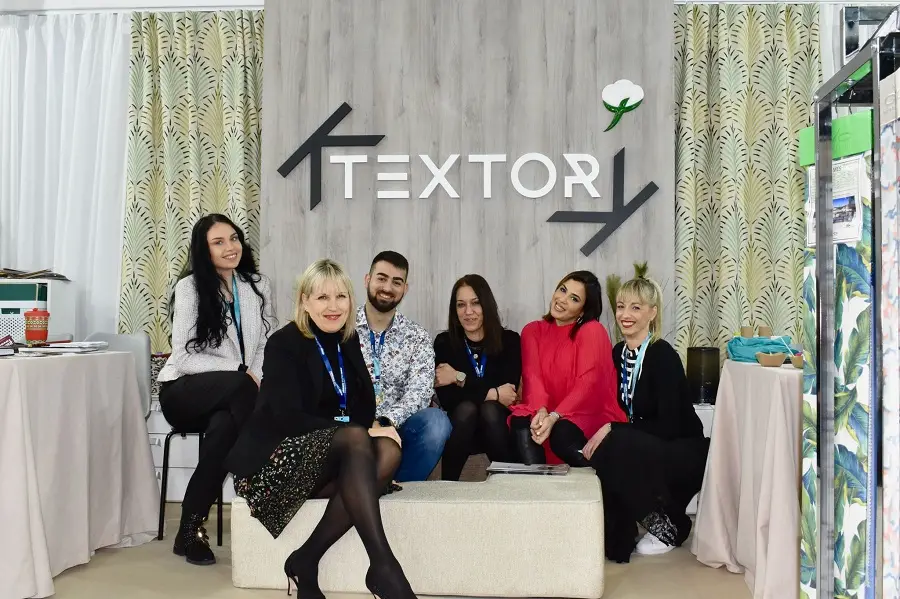My name is Toni Bakovic, I’m 24, born and raised in Split, Croatia; previously living for 5 years in Buxton/Manchester/Derby in England, I have decided to voluntarily take “the short end of the stick,” as many would see it, and move back to Croatia from the UK. Since then I shifted from the Tourism Industry and odd jobs in England, into Entrepreneurship in Croatia and currently am at the cusp of my first webshop launch Textor.hr

1. You made the switch to Croatia. Tell us a little about the decision process and how long it took for you to get on the plane?
I think this was the most difficult part, to start, after finishing my BA in Tourism Management at the University of Derby, I continued right after for my Master’s degree in Business Management (2020) while working odd jobs, and by doing so, I was getting a couple of interesting job offers from abroad to build on and jump-start my career. This path felt correct, just finished Uni, got a job waiting in my field, and everyone else is following those steps, but… something was missing, I can’t put my finger on it, maybe it was the Corona crisis, maybe I didn’t like the process being logical and straight-forward, maybe I was bad at decision making, but I decided to go back and see what was waiting for me business-wise back home. After I booked it, I did have second thoughts, especially financial thoughts, every price of every item around me is blowing up (due to Covid), and I am moving back to a country where I will be earning a lot less than I would be somewhere else, but as I said, I had a pull back home and wanted to try it, so I didn’t linger on my thoughts that much.

2. What did your family and community back home think of your decision at the time?
I’m glad this wasn’t a pressure point since it would have been a lot more difficult on me if I had serious concerns from my family and friends back home. They fully supported my decision but they knew it could be thought of as “controversial” and most of our talks before I first left to study and work were about how I am planning to stay for a bit longer to see how I’d do and to explore my job opportunities much better than I could back home.

3. Where did you get your information about the realities of Croatia prior to coming?
Well, I’ve kept up with the news, but you never fully understand until you feel it on your own skin, I’ve heard stories from family and friends about the good and the bad, but my own experience has taught me most of all.

4. What were you most nervous about making the switch? What was your biggest fear, and how was the reality of what you found?
My biggest fear was being stuck, both psychologically, career-wise, and financially. The last thing you want to do as a 20-year-old is to get stuck in a job, city, or debt you really don’t want to be in, so I guess running away from that kept me working harder. Reality is often more boring than you think, the fun lies in how you deal with it. Yes, the money is bad, yes I can’t buy a house in Split, yes I probably am more limited in traveling, but at least I am home, I can work with that. I fought more than I thought I would for my car, for my hobbies, and for my future, money is a struggle, but it isn’t a priority anymore. I wish I knew this before, but people always fully live with however much they are given, I’ve learned of families living on 1000 Euro (8000kn) a month who are happier than I am. Living in England provided a perspective of people who had more money than they needed and were extremely unhappy. This has helped my mentality a lot. The fear of my career failing is unfortunately still with me, but more on that in the next chapters.

5. Think back to the time before you arrived. What were your perceptions about Croatia and how were they different from the reality you encountered?
Prepare for the worst and hope for the best, a cheesy line, but it did do wonders for me. I just expected I will have no car, no good job, and no opportunity to move out and work from there. That pretty much happened in the beginning, I was refused in loads of hotels I wanted to start, and due to my lack of experience, I worked as an assistant manager (the guy who does everything other people don’t want to do) in Svpetrvs Resort Village to start and everything was as I expected, I drove my grandma’s old car, my wage was around Net 6000kn + overtime, and was staying in a worker’s accommodation. Following that summer I decided that try to use my book knowledge (while I still had it) and to work on some projects of my own, my father was a director of a Textile company that I didn’t really care for much… but it did give me something to work off, I knew what I liked, which was design and marketing, everything colorful, so I started to work on a webshop and modernization project to make something I liked out of something I had no interest in. I have been working on this for the past two years while helping out my father “in return”. Croatia definitely didn’t help with my decision, I don’t have any good courses to attend for my development, little to no financial help for new entrepreneurs, the competition is behind and selling usually with traditional marketing, and huge companies with millions in marketing budget are running rampant. So I feel it’s kind of me against the world, but, lucky for me, this is exactly how I already felt moving to a different country with no one I knew, so I guess in a weird way, I was experienced in this situation.

6. You are still here, so obviously the pros outweigh the cons. Tell us about some of the things that you love about being in Croatia, as well as some of the things you don’t like.
The people and the beauty of the country versus everything else, the medical, public transportation, political, and education departments are horrid, almost laughably so. As a recent student myself, I feel that no student should feel this lost after finishing University as much as they do here, the path of a young person in Croatia from the beginning of their education to the end leaves a lot to desire. And especially in Split, starting a family is so financially damning that I am surprised so many decided to go for it anyways, a square meter in Split is getting up to 4000 Euro average in the next 5 years, not even mentioning the lack of support from Croatia for young families. I have worked on obtaining an APN Loan for “young families” and honestly I had more trouble with that than with actually getting enough money for it. The only thing I can say to young people is good luck and that there is a light at the end of the tunnel.
Still, it always helps to put things in perspective; I still think it is one of the greatest countries to live in, people do fight for it, and I am not the first one to bring out these statements, which makes me happy, the people do have a big heart but it will take more than that to fix the state, it does give hope though.

7. What advice do you have for others thinking about making the move from the diaspora?
I think they know as much as I do, especially people who worked a lot in multiple countries, it’s all about balance. What makes you happy? What is your goal in life? I know these are difficult questions, but living in certain countries pushes you towards different goals. I’ve met people who live their hobbies and moved to countries where that hobby is highly developed, I know people who are very attached to their family, so they go where they go, who are workaholics and moved to huge cities with great opportunities. I think those differences are beautiful. If Croatia can offer you a solution to your goals/happiness try it out, you people in the diaspora are more flexible by nature so use that flexibility to try more than one country if you already didn’t do so, more points of view often point to a more precise answer. Croatia isn’t a wonderland and so aren’t the countries you live in, but trying more than 2-3 countries is the best advice I can give you for your long-term living decisions.

8. How do you think Croatia can better assist those who are looking to return to the Homeland?
I think safety nets are a very important missing part of Croatia, you don’t have a safety net if your business starts failing, if you need medical help, if you have special needs, if you end up homeless, if you failed the schooling system, there are no structured and developed ways to have people bounce back from situations that can happen to most. For the people moving back, I’d say the laws around Croatian entrepreneurs from abroad wanting to move their HQ back home should be highly supported (even fully funded), or on the other hand, if you can prove to be an asset to the country (highly performing worker) you should be rewarded for staying by being offered bonuses from a government level. But none of this can happen while the top of the state is ready to exploit these opportunities as quickly as they can. So I’d say this has to be done very transparently and maybe even from a government-funded private organization to help with that.
****
Thanks Toni, and good luck with the launch of Textor.hr
You can follow more stories in the Croatian Returnee Reflections series in our dedicated TCN section.
Would you like your returnee story – positive or negative – to be featured in this series? Contact [email protected] Subject Returnee.
****
What is it like to live in Croatia? An expat for 20 years, you can follow my series, 20 Ways Croatia Changed Me in 20 Years, starting at the beginning – Business and Dalmatia.
Follow Paul Bradbury on LinkedIn.
Croatia, a Survival Kit for Foreigners will be out by Christmas. If you would like to reserve a copy, email [email protected] Subject 20 Years Book











